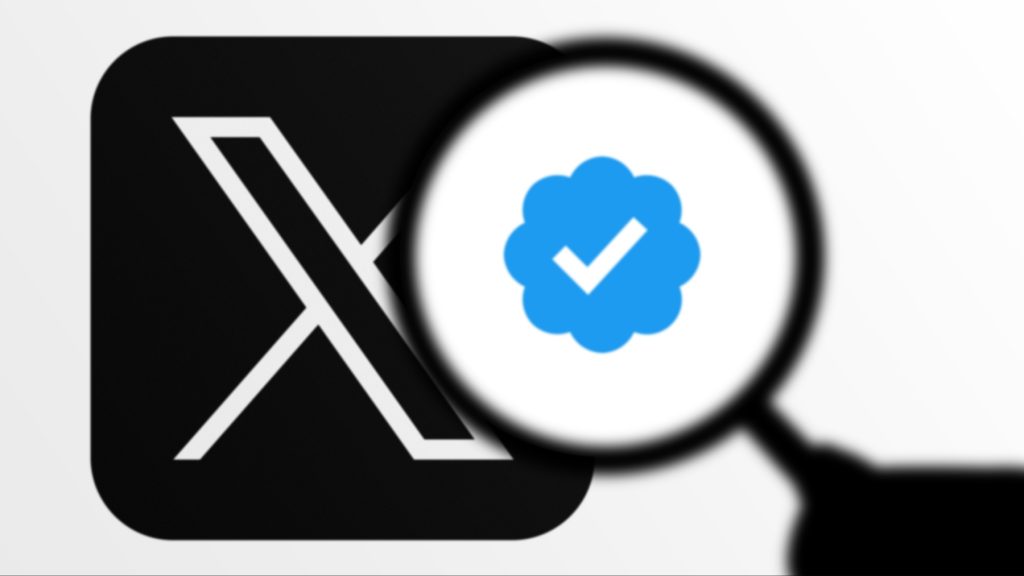
X has violated the European Union’s Digital Services Act with its blue tick system and lack of transparency.
- It’s easy to become a verified X member, paying a nominal amount for the credibility that used to come with verification.
- Blue checks on X do not require a valid form of ID.
The European Union (EU) has found X (FKA Twitter) in violation of its Digital Services Act (DSA), especially its blue tick verified accounts, indicating that it could have gone about it differently.
Verified accounts help differentiate between authentic accounts and impersonators, protecting public figures and brands, especially controversial ones like Elon Musk and Donald Trump, from being misrepresented online. It also helps an account’s credibility. To put it in perspective, you are much more likely to trust NASA’s X account with the blue tick than you are to trust a random astronomy account.
For Eight Dollars
Before Elon Musk took over Twitter, blue-tick verification was a privilege few had, and for a good reason. At the time, verified accounts were exclusive to public figures and organizations. However, after the Tesla CEO took over, the blue tick became a paid feature, starting at $8 per month for the non-organization users’ X Premium Subscriptions and starting at $200 per month for organizations.
DSA Violation
The EU’s DSA aims to stop illegal and harmful activities online and the spread of misinformation. As a result, it keeps a watchful eye on online intermediaries and platforms, including social media platforms.
For seven months now, the EU has been investigating X for possible DSA violations, as well as Meta, TikTok, and AliExpress. And on July 12th, the European Commission (EC) announced that X is indeed in violation of its online content rule. They focused on three infractions:
1. The Blue Tick
The EC has accused the blue tick system of being deceptive, writing “anyone can subscribe to obtain such a “verified” status.” It then explains that “it negatively affects users’ ability to make free and informed decisions about the authenticity of the accounts and the content they interact with.”
2. Transparent Advertising
The DSA mandates that online platforms have clear and comprehensive information about the ads they display. X does not have a searchable and reliable ads database. In fact, it is rather difficult for a user to access and understand such information on X.
3. Access for Researchers
Researchers do not have access to X’s public data, which goes against the DSA. According to X’s terms of service, the platform prohibits eligible researchers from independently accessing public data, such as by scraping.
Number 1 Could Have Been Avoided
As stated previously, every platform has its own version of verification. Let’s look at Instagram. When you apply for verification, you must provide a valid form of ID, be it a government-issued ID or official business documents. This way, the platform can verify that you are indeed a real person, registered business, or entity. Users know, beyond the shadow of a doubt, that if an Instagram account is verified, it’s the real deal, unlike with X.
Final Thoughts
Many did not appreciate Musk’s Twitter purchase and were appalled at the changes he had made. But change can be good. We cannot expect something to live long but remain static. While the EU makes a good point about the blue tick, we need to come to terms with the fact that the blue bird is dead, gone, and buried.
Inside Telecom provides you with an extensive list of content covering all aspects of the tech industry. Keep an eye on our Tech sections to stay informed and up-to-date with our daily articles.